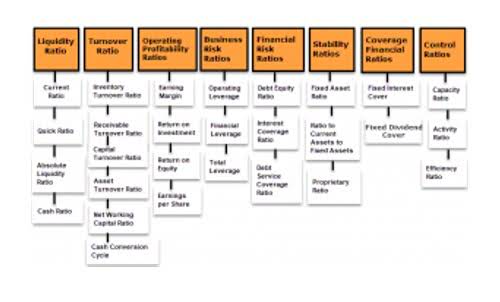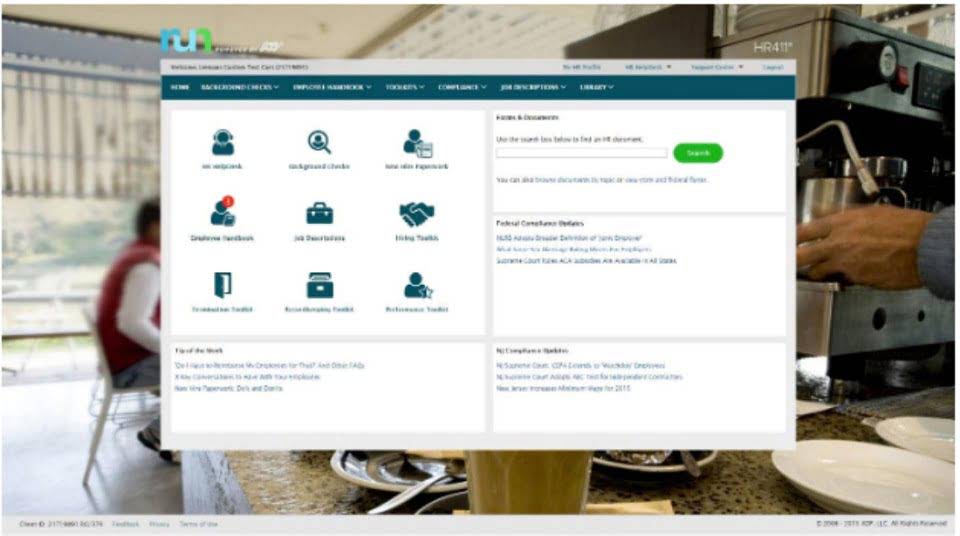With our expert support, you can focus on running your business, confident that your financials are in good hands. From job cost tracking to tax planning, construction bookkeeping we help you make informed decisions that increase profitability and reduce risk. Plus, with accurate and timely financial statements, you can make confident, data-driven decisions that drive your business forward.
Do your business comfortably with the help of our CIS accountants. Minimise your hassle!
There’s various accounting software on the market these days, all claiming to make your life easier. Use our receipt tracker + receipt scanner app (iPhone, iPad and Android) to snap a picture while on the go. We help you transition from paper to our cloud accounting software seamlessly with our digital tools. With Calathea, you gain a long-term, financial partner dedicated to your construction business’s success, and your personal goals. This resource will give you a better understanding of the bookkeeping process as a self-employed individual. According to user reviews, it costs around $100 per user, making it suitable for both small and medium-sized enterprises.
Accounting Support:
- Keeping them separate makes it construction bookkeeping much easier to track cash flow, monitor your business performance accurately, and claim relevant business expenses at tax time.
- If you’re self-employed and decide against hiring external help, utilize the What Records to Keep guidelines on the UK government website.
- If you run a VAT-registered business, whether as a sole trader or a limited company, you must submit VAT returns and payments to the HMRC every three months.
- The director would usually be paid a salary from the company and the after tax profits of the company are distributable to the shareholders of the company by way of a dividend payment.
- They also reconcile bank statements, track accounts payable and receivable, generate financial reports, and assist in budgeting.
- This is where customers withhold a certain percentage of payment (usually 5-10% of a contract’s value) until a project has been finished and approved.
We understand that now more than ever, businesses require ‘hands on’, value-for-money expertise – delivered in a timely manner by approachable individuals with genuine specialist knowledge. Sleek UK provides affordable accounting and bookkeeping services to make your life easier. Our experienced accountants help you stay compliant and maximize your returns.
Cash flow fluctuations
Their main function is to guarantee accurate and current financial data, allowing project managers and business owners to make well-informed decisions. You’ll get a dedicated accountant who handles everything from reconciling accounts to preparing financial statements and balance sheets. Plus, our paperless bookkeeping means you can send receipts and documents electronically, keeping everything organized and accessible anytime. Make a habit of frequently analysing your balance sheet, income statement, and cash flow statement. By monitoring your Direct Debit, you’ll be able to make better-informed business decisions.
Our commitment is to make your financial management seamless and worry-free, with clear communication and expert guidance every step of the way. As chartered accountants, we prioritise staying informed about the latest changes in tax laws and regulations, including Making Tax Digital requirements. Our commitment to continuous professional development and our active participation in the accountancy community in Yorkshire and the UK helps us safeguard our clients’ interests. We are a family business specialising in accounting, tax, bookkeeping and payroll services based in Horsforth, for small to medium businesses (SME’s) and individuals.
- However, if you have a small business and decide to utilise outsourced bookkeeping services, make sure you work with a reputable firm who specialise in construction bookkeeping.
- There are also 2.4 million jobs in the sector, which represents around 7% of the UK total.
- Maintaining accurate books and records will help you keep track of who owes you and how much you owe to others.
- With a solid bookkeeping foundation, you’ll be better prepared to make informed financial decisions that support sustainable growth.
- We will discuss your needs and provide you with a bespoke quote based on your requirements.
Leeds Bookkeeping with Management Accounts & Payroll Services
You can manage job costs effectively by breaking down projects into smaller, manageable phases. It can also assist in identifying where you can potentially reduce costs or improve efficiency in future projects. Our bookkeeping services can put this question to rest, alleviating such worries by organizing your income and expenses to make business inflows/outflows crystal clear. Sleek is well known in Leeds as a first class provider of accounting and tax services. Let our CIS accountants maintain subcontractor records, verify subcontractors online with HMRC, and prepare and submit your monthly CIS returns. For businesses, tax is a cost which, like any other cost, should be minimised wherever possible.
The most successful players in this sector have typically moved quickly to capitalise on opportunities whilst having a keen appreciation of downside risk and how to protect themselves against it. Kirk Newsholme has considerable experience guiding construction and property businesses through the accounting regime, with an emphasis on taxes and reliefs relative to https://www.bignewsnetwork.com/news/274923587/how-to-use-construction-bookkeeping-practices-to-achieve-business-growth their sector. Construction income is sporadic and you won’t always receive funds when they’re needed, making cash flow management critical. Proper bookkeeping enables you to track cash inflows and outflows to anticipate future financial needs. If you run a VAT-registered business, whether as a sole trader or a limited company, you must submit VAT returns and payments to the HMRC every three months. Uncover missed tax saving opportunities and manage the risks in your business with the help of Lyel Accountants.


















